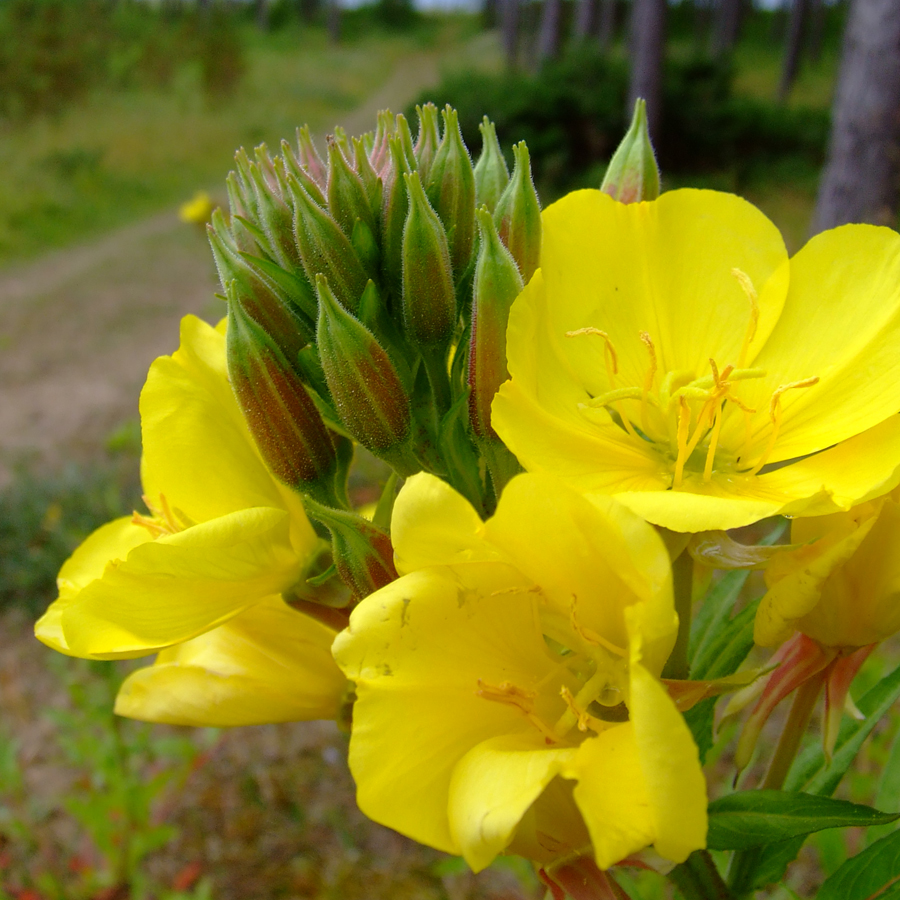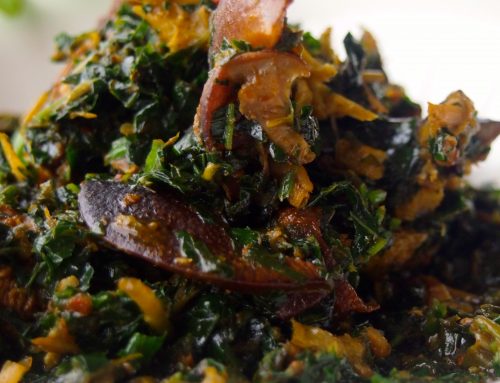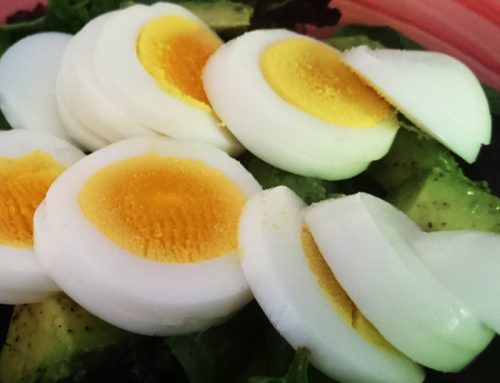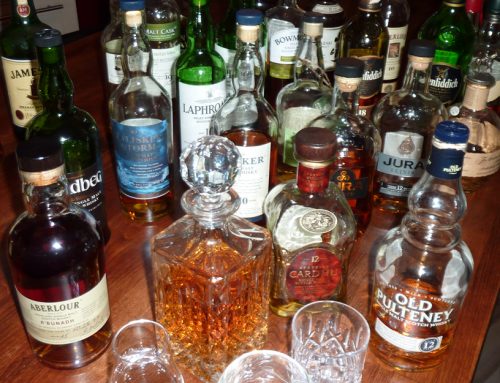
Menopause, a good time to be fit.
Recently, I have had more enquiries about the nutritional implications of menopause, it may be coincidence but more likely, it’s because I’m fifty years old and many of the people I know are in the same age-group. It may also be because society is becoming more open and what used to be something of a taboo subject is now being talked about as a normal part of life.
From a nutritionist/health coach point of view it’s almost as if menopause amplifies the need to be healthy. If ever there was a time to have all systems turning over smoothly, this is it. Some of my recommendations will appear to be simple good practice but firstly, I’ll deal with a couple of menopause-specific issues.
Osteoporosis is a risk when oestrogen production drops. To maintain bones, the body needs calcium. Sounds simple, eat foods rich in calcium? Sorry, it’s a bit more complicated, You want calcium, vitamin D, phosphorus and magnesium. That means more of these foods:
Milk yoghurt, cheese, fish (especially the type with edible bones) green vegetables, nuts and seeds for calcium
Add peanuts, meat, cheese onions and garlic for phosphorus
Then add more oily fish, eggs, beans, brown rice for vitamin D
Finally add some whole grains and leafy green vegetables for magnesium
That takes care of osteoporosis. Well, almost. If you’re lactose intolerant, vegetarian, vegan or just don’t like fish, you might want a one-on-one with a nutritionist or dietitian to work out some options.
Belly fat is the other menopause-specific problem. For some reason, upon menopause, a woman’s fat reserves migrate from her hips to her belly. It’s been widely observed and documented and even explained by a Mayo Clinic study that concluded that the sudden onset of abdominal fat is caused by a spike in certain proteins caused by the reduction in oestrogen. Belly fat is an indicator of a number of health issues and that should be prime motivation to tackle this problem head-on. It is also difficult to shift and prevention is the softer option.
I like to preach ‘healthy lifestyle’ to everybody of any age and gender and I prefer to think of people as individuals rather than in categories or groups, but taken as a group, women in or close to menopause are in a position to reap the greatest number of health and wellbeing benefits from a healthy lifestyle. All women getting to the age range should be taking steps to lose body-fat and structure their lifestyles to prevent weight-gain. This is a good time to slim down and get fit.
With the big two out of the way, there are a number of other issues that affect women at this time of life. Even though they are amplified by menopause, these are things that can affect anybody and consequently the advice here is good for most people.
During menopause, the changes a woman’s body goes through can put it under a great deal of pressure. Immune systems are hammered, some organs and cells lose the protection that oestrogen provided and the muscles connected to reproductive organs can become weak. This last one is not helped by the pressure from extra abdominal fat.
Like I said before, if ever there was a time that a woman should strive for a healthy lifestyle, this is it. There’s no need to be worried though, in addition to the dietary advice earlier, eating shellfish and meat will add Zinc to your diet. Zinc boosts the immune system and supports healing while your body adjusts. The diet prescribed so far provides sources of the B vitamins as well, adding some fruit completes it.
In addition to eating properly, when dealing with or preparing for menopause, you should exercise. Daily is ideal. (Read my article on exercise HERE) At a bare minimum you should walk briskly for half an hour and also do Kegel exercises to strengthen your pelvic floor and reduce the risk of prolapse (of bladder, small bowel, uterus, rectum , urethra or vagina) due to menopause. If you can find a yoga class, I strongly recommend this gentle strengthening form of exercise.

Evening Primrose Flowers
Lastly, I want to talk a little bit more about hormones. Oestrogen is going or gone. Some women are prescribed HRT to help ease the transition. There’s a natural way to do this as well, using phytoestrogens found in soya isoflavones. Please bear with me here because I’m about to get a bit geeky.
Generally speaking, I’m not a fan of soya for a number of reasons. Soya blocks the body’s absorption of some key nutrients, it is often genetically modified and carries a huge load of chemical contaminants and it is loaded with phytoestrogens. Having said that, the one group (still grouping people, sorry) of people that actually benefits from phytoestrogens are menopausal women. The phytoestrogens in soya isoflavones have been found to reduce menopausal problems and lower the risk of hormonal cancers and heart disease in menopausal women. They are also used to treat artherosclerosis.
So, this is arguably the only time you will find me recommending that you actually eat soya. I will temper that advice by recommending that when eating soya, you do it like the people who have eaten it for centuries in good health. Eat fermented organic soya products, the fermentation stops the anti-nutrient properties and if it’s organic, it can’t be GM or be sprayed with poisons. Natto, Tempeh and Miso are the most common forms of fermented soya. I have suspicions that Nigerian fermented foods have many similar benefits and would love to see a producer of iru, dawadawa, ogiri (ogili) or ugba make a version with organic soya. When I am next in my ‘village’ I will see if I can get the experiment going.
One last note about hormones. Hormones are widely used in factory farming. Fish-farms use them to change the gender of fish, egg producers use them to increase fertility, meat producers use them to enhance growth. Anybody in or near menopause should avoid any chance of unknown extra hormones in their diet. I always advocate eating organic meat and wild-caught fish. If you are in or near menopause, THIS IS DOUBLY IMPORTANT FOR YOU! Seriously, if you can’t afford to eat organic, make meat or fish a special treat and eat it once a week. If you are thinking that in Nigeria, you’re safe, don’t be deceived! Read this ARTICLE

living a healthy life
 Major Abs’ takeaway
Major Abs’ takeaway
Almost all the women of this age-range that I know are busy people; families, careers, businesses, social activities, etc. It’s hard to take the time to look after yourself properly. Besides, you don’t look a day over 25 so why bother?
Here are some simple, easy to follow tips to break it all down;
Get a good supplement tablet or tablets. There are quite a few that supply the full spectrum of vitamins and minerals that your body needs at this time. You should probably also take an extra Vitamin D supplement as black people don’t convert this very well.
Exercise. Walking, Yoga, Kegels, and/or anything else that tickles your fancy (sorry). Being fit is your best defence against menopause.
Lose weight. Gone are days of ‘from lips to hips’, menopause will try to deposit fat in and on your belly, this is not a good time to be indulging your sweet tooth. I know it’s hard, especially with the emotional fallout from the hormonal changes but cake is not the answer. Hard exercise will give you endorphins that feel good. If you are not yet in menopause, you’re truly blessed. Start your journey now and get fit before you get there.
Eat healthy. The article has a lot of advice about what to eat to get the nutrients that will strengthen your body through the change but if you opt for a good vitamin and mineral supplement, then all you have to do is follow general good nutritional practice; eat organic meat, eggs and dairy, wild-caught fish and plenty of vegetables, especially greens.
Stay hydrated. All the previous tips will work better in a well-hydrated body, drink plenty of water. Some menopausal women find that they perspire more and furthermore, supplements and exercise need good hydration to be effective.






Leave a Reply